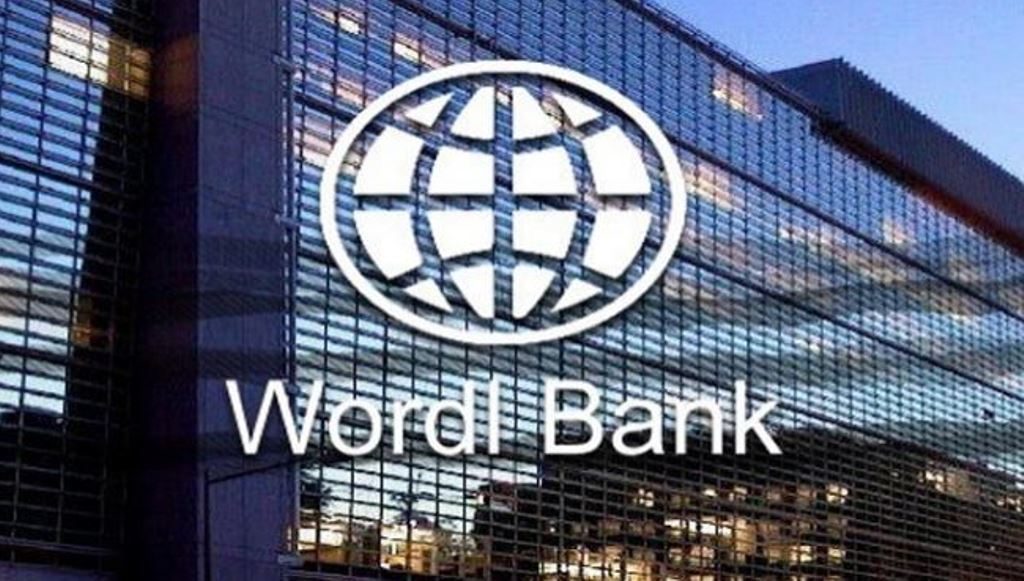
WASHINGTON, June 13, 2019 – The World Bank has approved the Second Programmatic Fiscal and Public Financial Management Development Policy Credit (DPC2) Project that supports the Government of Nepal’s efforts to establish a framework to move towards fiscal federalism and improve the policy framework for public financial management. The implementation of reform actions under the $100 million Project is coordinated by the Ministry of Finance. It builds on reforms supported under the first Development Policy Credit project which was approved in March 2018.
This DPC series supports reforms to advance Nepal’s federalism agenda, under two pillars. The first pillar supports measures to establish fiscal federalism through various legislations, policies and regulations. An umbrella legislation, enacted at the federal level, will guide budget execution and improve the accounting and financial reporting framework, and will form the basis of model laws to be adopted by local governments, to govern their budget processes.
The second pillar supports reforms to strengthen the policy framework for public financial management at the subnational levels. This will be achieved through legislation and regulations that govern the budget cycle and promotes transparency and accountability to citizens, guides preparation of the Medium-Term Expenditure Framework, strengthens expenditure control, and supports the development of a revenue collection system. These reforms also include gender responsive budgeting, and measures to address Nepal’s vulnerability to climatic shocks and improve disaster risk management.
“We are here to support Nepal’s federalism and development narrative, which requires our sustained engagement with the Government of Nepal together with the country’s development partners,” stated Idah Z. Pswarayi-Riddihough, World Bank Country Director for Maldives, Nepal and Sri Lanka. “As guided by the Country Partnership Framework for Nepal, this project will effectively contribute to strengthening public institutions, inclusion and resilience to meet the dynamic needs of Nepal’s federalism transition.”
The DPC2 project builds on the reforms supported by the first Development Policy Credit to establish the legal frameworks to govern resource allocation across the three tiers of government and guide operations of local governments. It also supported measures to strengthen budget execution and public financial management systems at the federal level.
Nepal’s transition to a federal state aims to bring services closer to the people and to increase the government’s effectiveness in the delivery of social and infrastructure services. The World Bank’s development policy financing supports reforms for Nepal’s federalism transition and its goal to move out of least developed country status by 2022 and to middle-income status by 2030. 
 कोलोराडोमा योमरी पुन्ही सम्पन्न
कोलोराडोमा योमरी पुन्ही सम्पन्न
 ‘रअ’का पूर्व एजेन्ट विष्टको दाबी : एक महिनाभित्र ओली सरकार ढल्दैछ
‘रअ’का पूर्व एजेन्ट विष्टको दाबी : एक महिनाभित्र ओली सरकार ढल्दैछ
 दक्षिण कोरियाका राष्ट्रपति युन महाभियोगपछि पदबाट निलम्बित
दक्षिण कोरियाका राष्ट्रपति युन महाभियोगपछि पदबाट निलम्बित
 गढीमाई मेला सकियो, दर्शनार्थीको भीड कायमै
गढीमाई मेला सकियो, दर्शनार्थीको भीड कायमै
 स्थिरता, स्थायित्व र सुशासनका लागि वर्तमान सरकार बनेको हो : प्रधानमन्त्री ओली
स्थिरता, स्थायित्व र सुशासनका लागि वर्तमान सरकार बनेको हो : प्रधानमन्त्री ओली
 मनकामना केबलकारको सेवा भोलि र पर्सि बन्द हुने
मनकामना केबलकारको सेवा भोलि र पर्सि बन्द हुने
 दक्षिण कोरियाली कार्यवाहक राष्ट्रपतिविरुद्ध तत्काल महाभियोगको प्रस्ताव नलगाइने
दक्षिण कोरियाली कार्यवाहक राष्ट्रपतिविरुद्ध तत्काल महाभियोगको प्रस्ताव नलगाइने